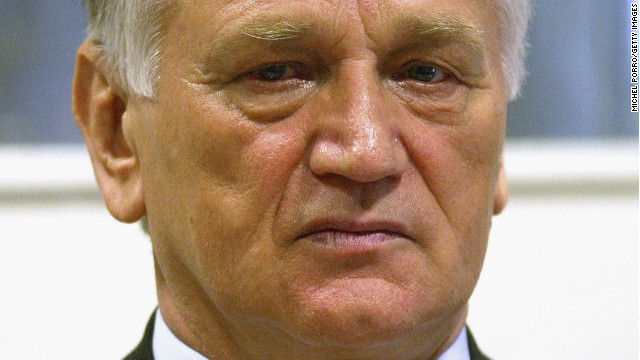By Pearl Rimon
Impunity Watch Reporter, South America
SUCRE, Bolivia – An agreement reached between the district attorney of Tarapacá, Chile and the defense for the Bolivian soldiers arrested in Chile earlier this month, allows for the soldiers to return to Bolivia after more than a month of being detained in Chile. The soldiers were accused of illegal entry into Chile armed with weapons, which has strained the already tense relations between the countries.

The soldiers are José Luis Fernández Choque (18), Augusto Cárdenas (19), and Alex Choque Quispe (20). The soldiers were arrested on January 25, as they chased suspected car smugglers. The Chilean Court changed their ruling of holding the soldiers in custody until their trial dates to allowing Cárdenas and Choque’s release on bail and Fernández’s release to house arrest. Fernández was the only one charged with possession of weapons.
The deal between the two sides allows for the soldiers to return to Bolivia on the condition that they do no return to Chile for a year, in exchange, prosecutors will drop the charges against the soldiers.
“What progress has been made is exactly what the soldiers requested publically in the sense that there is equal treatment for all,” said Celedón, a lawyer for the soldiers.
After the new agreement was made public, the district attorney for the Tarapacá Region, Manuel Guerra, explained why it had not been reached earlier.
The reasoning behind the long negotiations is explained by district attorney Manuel Guerra,“It was important to verify that the soldiers consent to the terms…They are the ones who have to say if they accept or don’t accept the deal offered by the [prosecution.] We don’t want to generate situations which can hinder the possibility of agreement.”
Bolivian President, Evo Morales, demands that the Chilean military should issue an apology for the detainment. While Chilean Foreign Minister, Alfredo Moreno, urged for the Bolivian military to instruct the soldiers to refrain from illegally crossing the border.
The agreement was made public a day after the Chilean Senate announced that a commission of senators were to travel to Bolivia in an attempt to improve relations.
Relations between Chile and Bolivia have historically been strained due to Bolivia trying to reclaim the Pacific coastline territory that it lost to Chile during the 1879-1884 war. President Morales wrote to Chilean President Pinera and accused him of wanting to keep Bolivia “geographically amputated, economically weak and socially dependent” by “blocking our legitimate right to access to the sea.”
For more information, please see:
BBC News — Bolivian Soldiers Held in Chile Return Home – 01 March 13
Prensa Latina — Bolivian President Praises Liberation of Soldiers – 01 March 13
Santiago Times — Bolivian Soldiers Held in Chile to Return Home After Tense Stay – 28 Feb 13
Global Post — Bolivia-Chile Tensions Rise Over Border Incident – 25 Feb 13



